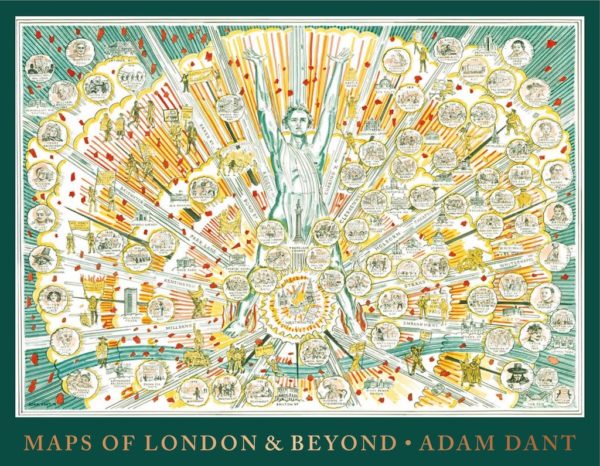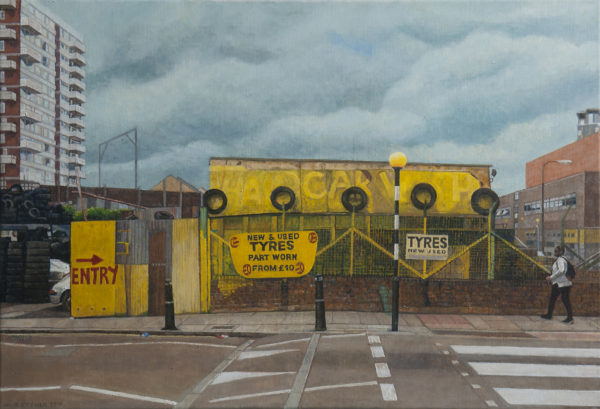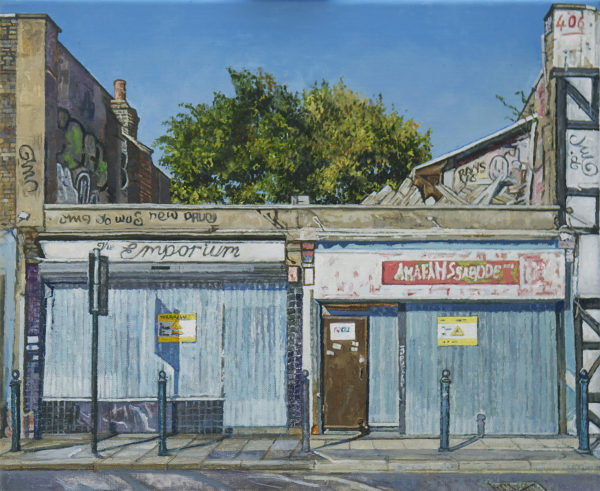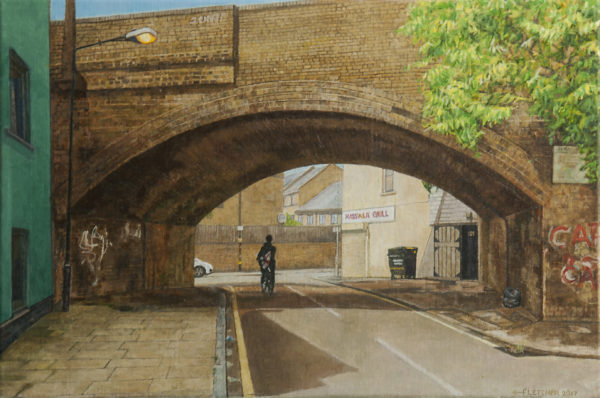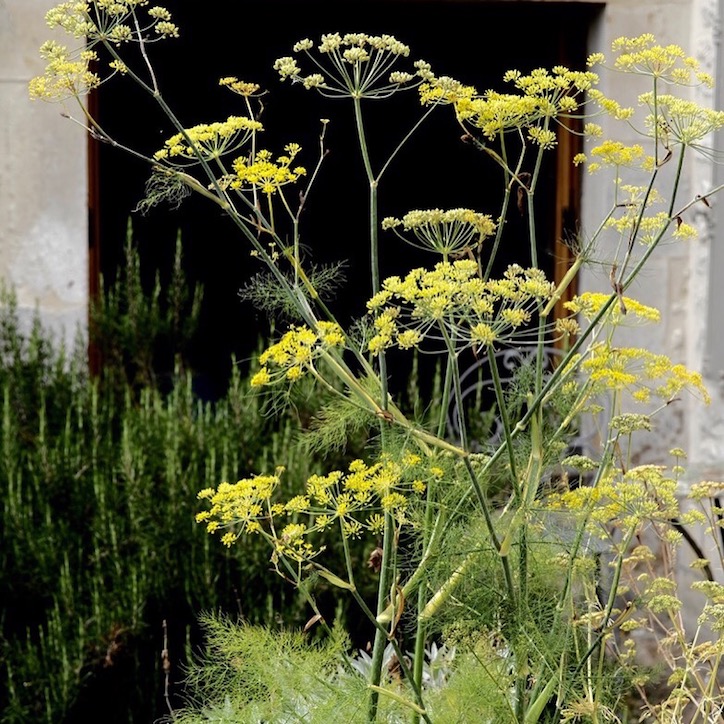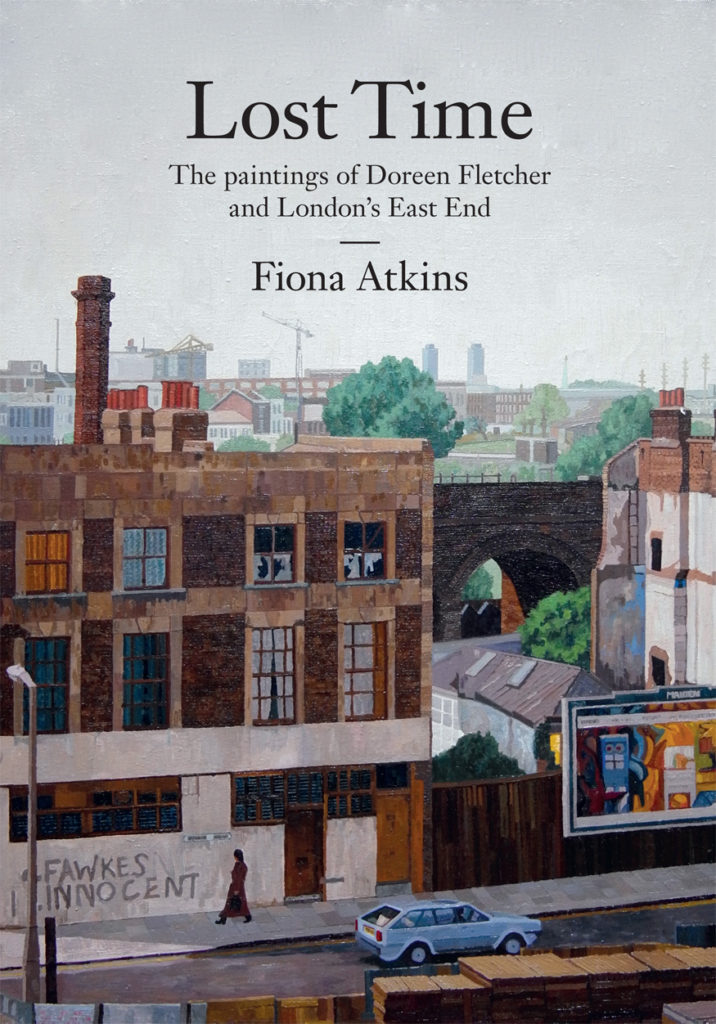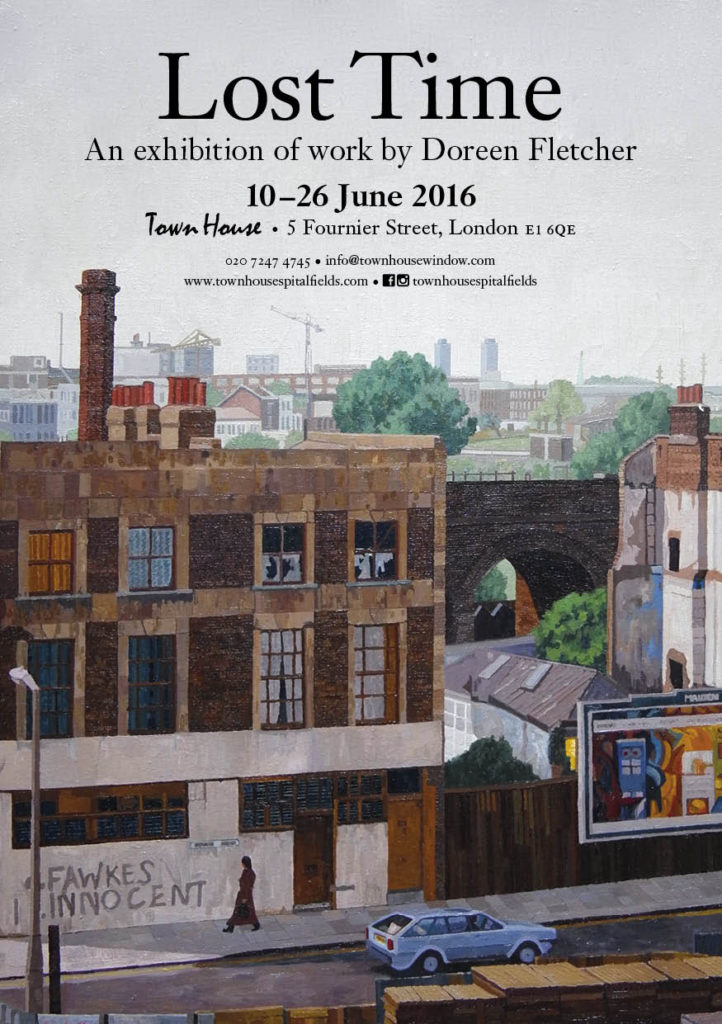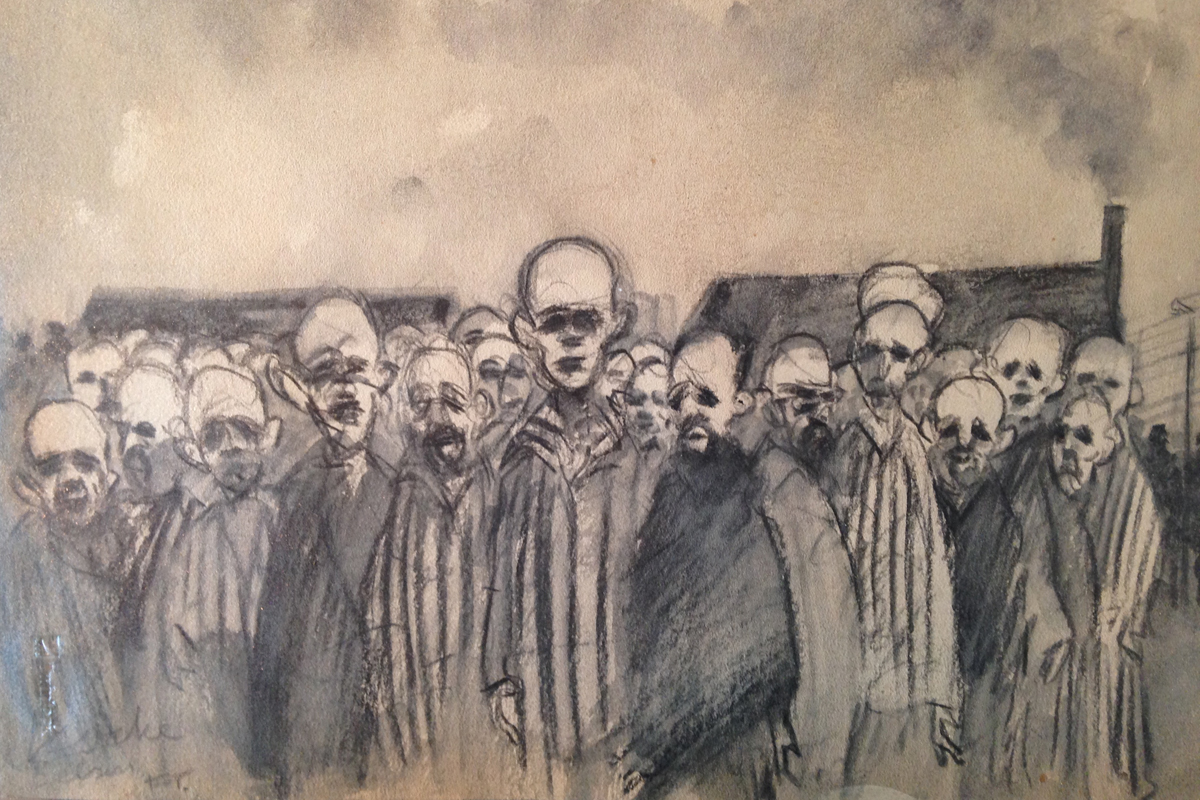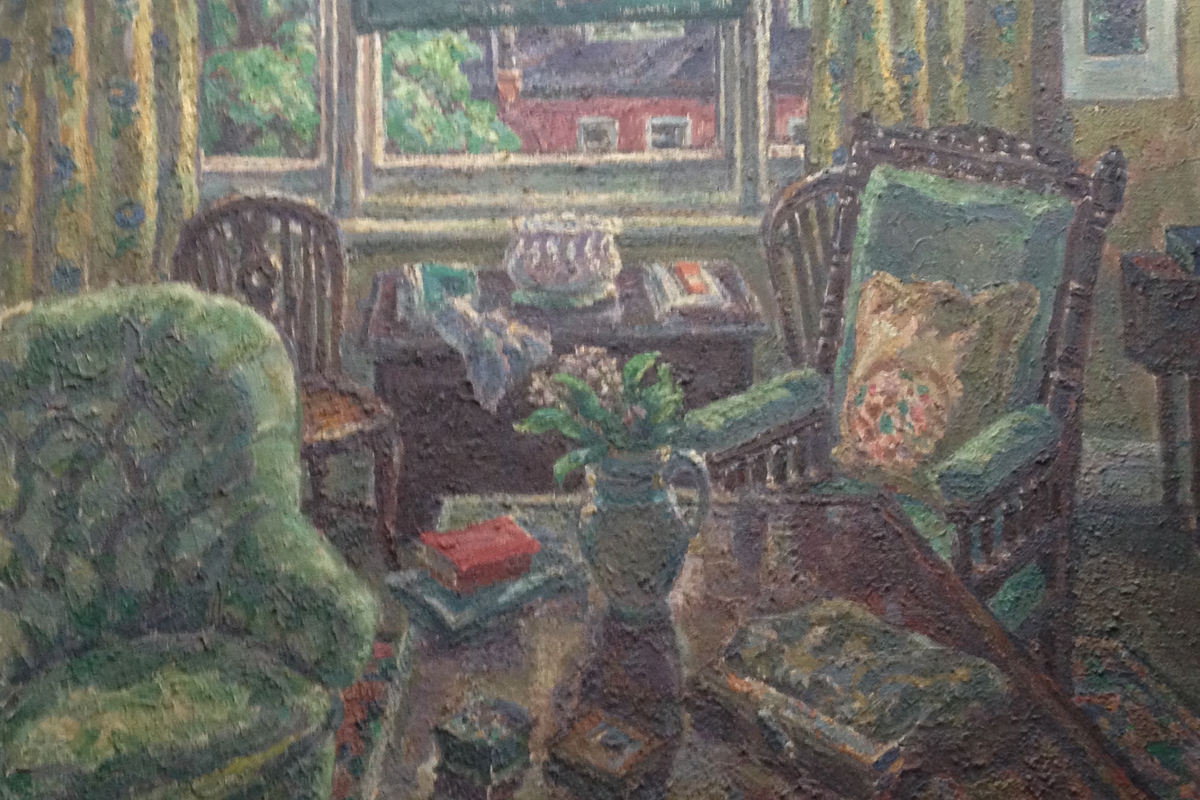An exhibition of some of Adam Dant’s maps giving his unique view of our history and life today, to accompany publication of the book of the same name published by Batsford in conjunction with Spitalfields Life.
Artist and cartographer Adam Dant surveys London’s past, present and future from his studio in the East End. Beautiful, witty and subversive, his astonishing maps offer a compelling view of history, lore, language and life in the capital and beyond. Traversed by a plethora of colourful characters including William Shakespeare, Charles Dickens, Mary Wollstonecraft and Barbara Windsor, Adam Dant’s maps extend from the shipwrecks on the bed of the Thames to the stars in the sky over Soho. Along the way, he captures all the rich traditions in the capital, from brawls and buried treasure to gin and gentlemen’s clubs.
Adam Dant studied at the Royal College of Art, London and the MS University Faculty of Fine Arts, Baroda, India. He creates elaborate narrative drawings that examine and depict public contemporary life, space, mythologies and histories. Extensively researched and wittily perceptive, these works of art draw on a deep well of historical and visual sources. Adam Dant was the official election artist in 2015 and he lives and works in London.
Exhibition runs 5th – 22nd July 2018 at Town House
